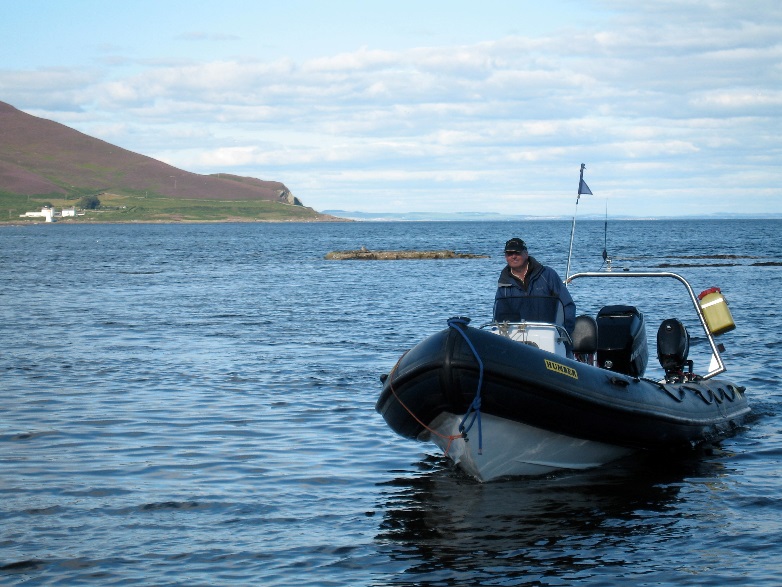 There is an unprecedented level of new law being drawn up in the area of managing inshore and intertidal aquatic environments. Likewise there is still a high degree of old law (often stemming from the English Common Law) which is poorly understood. Added to this a new tier of international law is having an increasing effect on the application of law on the ground. The result is that from being traditionally an area which had little regulation there has been a proliferation of law which makes this area a complex space. Navigating management through the legal process can be very difficult.
There is an unprecedented level of new law being drawn up in the area of managing inshore and intertidal aquatic environments. Likewise there is still a high degree of old law (often stemming from the English Common Law) which is poorly understood. Added to this a new tier of international law is having an increasing effect on the application of law on the ground. The result is that from being traditionally an area which had little regulation there has been a proliferation of law which makes this area a complex space. Navigating management through the legal process can be very difficult.
Law is best examined via the medium of case studies. These enable the process to be properly analysed (which an objective study of the law itself struggles to achieve) and the strengths and weaknesses identified through experience.
This research aims to:
- Highlight water security legal issues identified through the use of practical examples;
- Through these examples identify strengths and weaknesses in the legal system;
- Identify areas where these strengths and weaknesses may be translated into other cases and jurisdictions; and
- Identify other key areas where such research may prove fruitful.
This research involves the identification of a small number of key areas where better governance and management practices could yield significant improvements to water security. There is a particular focus in this work on the expansion of marine food production, energy, regulating and socio-cultural services, while assessing any impact development in these areas may have on important existing infrastructure such as ports and utilities, augmented by the development of stakeholder liaison group to include government, community, NGO and business representatives. The first case study is an examination of how water security is maintained in anticipation of negative impacts of industrial development, regarding the recent decision to create a deep water container terminal at the Port of Bristol.
As part of this work strand, PhD student Natasha Bradshaw is researching existing and new methods to support coastal governance in the UK. More information about her research is available here.
